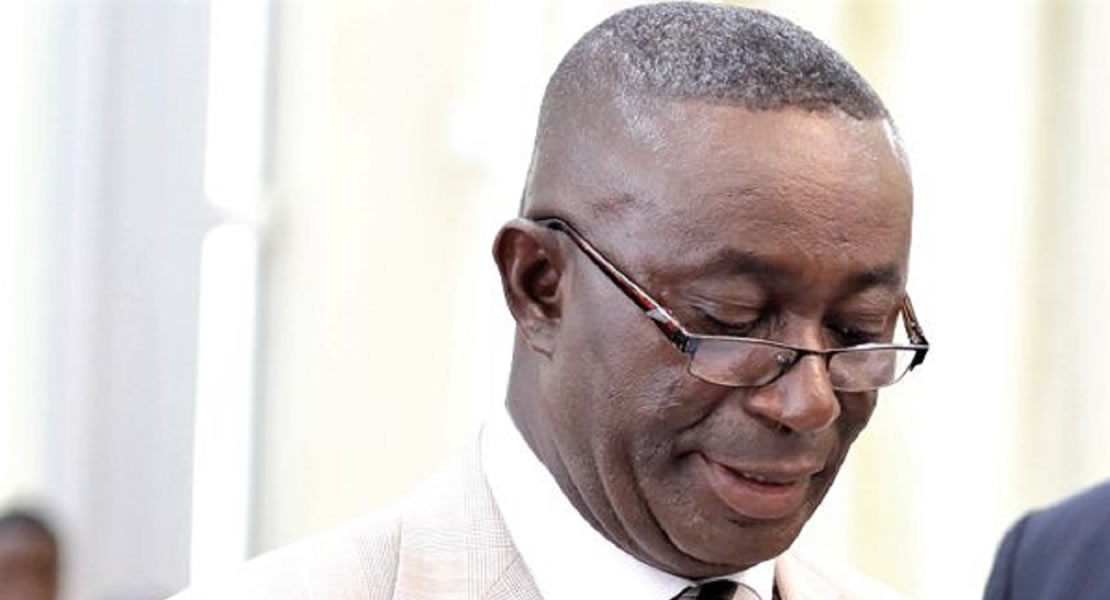
Deputy Ministers for Railways Development, Andy Appiah Kubi, has said collaboration between government and private sector players would work out a long term solution to the continuous deficit of infrastructure development in the country.
According to the Deputy Minister the continuous interference of government in the management of most infrastructure projects has led to many inefficiencies in the system and government is making a paradigm shift from the old system.
He further added that government is open to collaboration with the private sector on a concessionary agreement terms in finding money to invest in projects.
“This would reduce the infrastructure deficit and ease pressure of government ultimately when it comes to infrastructure development”.
The Asante Akim legislator made this remarks in Dubai when he gave a presentation on behalf of government during the Middle East Smart Mobility conference.
Government has always been contracting loans from the international investment agencies to undertake development of infrastructure by itself; over the time it has proven that because of interference of government in the management of such infrastructure, “a strong demand for new infrastructure development coupled with a decrease in the Official Development Assistance (ODA’s) has forced government to rethink on how to partner investors in the development of infrastructure in the country”.
Again, government would move away from borrowing and investment in infrastructure areas into attracting private sector that will come and invest its funds into the construction and management for onward transfer of the infrastructure.
Mr. Andy Appiah Kubi revealed that the current government’s move of constructing an Eastern and central railways line to improve transportation of goods between the North and South, as the Eastern rail line is envisaged to cover a distance of three hundred and thirty kilometer which would start from Accra to Kumasi with a branch line from Achimota to Tema.
The Central line on the other hand is expected to cover two hundred kilometer (200km) spanning from Kotoku on the Eastern line to Huni valley on the Western line, and expected to have a branch from Achiase to Kada.
Also there are plans to undertake a feasibility study on the line and extend it to Kibi, and all these promises are gradually seeing day light as more investors are trooping in to assist government in making its dream a reality.
Kwaku Sakyi-Danso/ghanamps.com